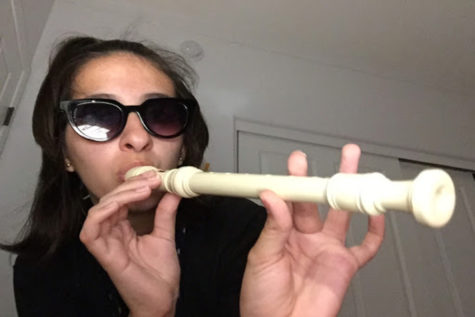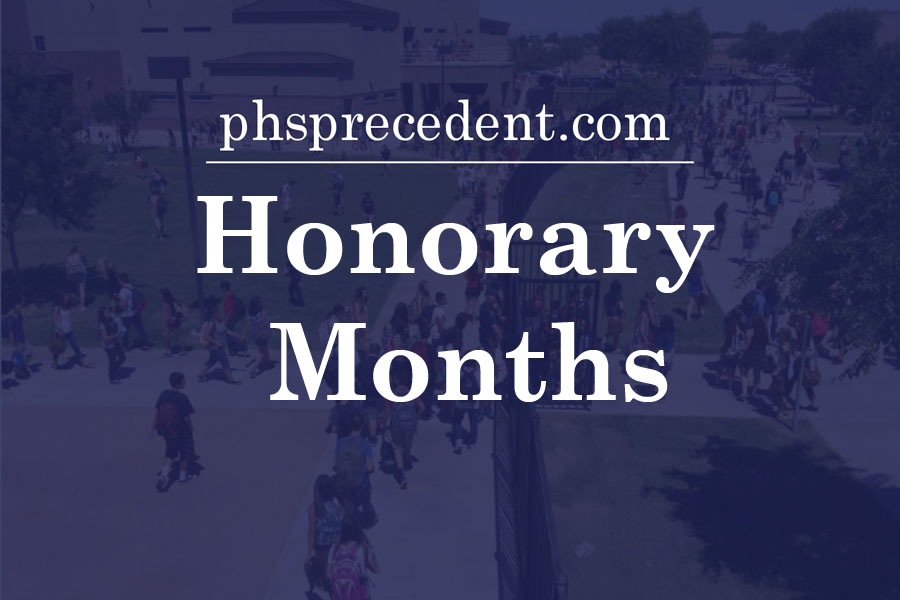Honorary months are worth breaking curriculum
Honorary months are dedicated to specific groups enriching history and culture. Schools across the nation tend to use these months to expand the horizons of the curriculum, for a short amount of time. Months such as Women’s History Month, in March, or African American History Month, in February, usher in literature created by people that fall into these categories.
By putting in time to learn more about the authors that fit the month’s theme, students are able to learn more about the history of the source or relate to the culture that they are reading about.
Why stop there? Why is there a limitation of only one month of a different form of author or history?
The curriculum is made to expand the growing knowledge of students beyond the classroom. Diversity is an important part of the world, everywhere you go there is bound to be different types of people. Despite the fact that no one is the same, cultures, especially in the US, often intertwine and correlate. Culture is a significant reason to interrupt curriculum. There are so many wonderful parts of the world and so many different types of people that can show students where they want to go next or learn something new. High school is about embracing the new and creating something out of it.
Imagine this scenario. A student sits in their english class and realizes that the calendar reveals that they have reached honorary month territory! They are given a freshly print out worksheet that holds two columns of text from an author that comes from that culture or gender. Someone that looks like or has come from a similar background as them can have someone they relate to in a different manner or those who come from an unrelated area delve into another part of the world that can leave them wanting to learn more. Yet, even in a new diverse area, the same authors tend to be used. Teachers during African American History month are bringing out Martin Luther King pieces and making it an annotation project or an in depth search to find the rhetorical devices he was using. While it is important to learn about MLK for all of the significant steps he has made in history, there are a variety of other African American figures that deserve to be taught alongside him.
This break in the curriculum is the first step towards achieving a more diverse set of choices.

Nadine Loureiro is a senior at Perry High School and is in her third year of newspaper. Her beat this year is food critic, which she is looking forward...


